A TROUBLING SILENCE
The inconsistencies in government responses to online falsehoods and harassment reveal a worrying degree of partisanship.
I don’t write regularly about Singapore as, after 30 years of doing so, I’m not often stirred by anything going on in Singapore’s stable political environment. But recent developments in the PAP confound me. After more than a week, I am still waiting for PAP leaders to say something about an apparently pro-PAP Facebook group that has outrageously defamed one of their own — the respected, long-serving former backbencher Inderjit Singh.
In two posts dated 6 and 10 May, the site, managed by eight anonymous individuals, claimed he is part of a “motley crew of Singaporeans” who “immediately raised their hands” when the People’s Republic of China “looked around for some stooges… to undermine Singapore and its Government”.
“They were more than happy to get RenMinBi (the Chinese currency) to burn their own houses. Most of them without jobs, yet can comfortably afford their lifestyles,” it said.
The rest of the “motley crew” comprised five other Singaporeans who had also written articles for Hong Kong’s South China Morning Post. Their SCMP articles were a little more critical than what emerges through the gates of national media self-censorship. (I, too, have been named in the conspiracy, originally as a HK-based middleman in this supply chain of Singapore content appearing in SCMP, then as a supplier myself, even though none of my three SCMP articles have been about Singapore.)
The case is full of ironies. Members of the Singapore establishment have written for SCMP without being deemed traitors. You’d think Inderjit Singh, who joined the PAP grassroots in 1984, would enjoy the same licence. Apparently, decades of loyal service to the party count for nothing the moment one has the temerity to have an independent view.
Another irony: two other Singaporeans are currently on trial for criminal defamation over an online posting that makes less serious allegations against public figures. The prosecution says the letter in The Online Citizen alleges corruption among Cabinet ministers – but not that they are guilty of treason or conspiring with a foreign government, which is what the trolls are suggesting about Singh and the “motley crew”.
Some say that we should just ignore trolls. That’s usually true and what I normally do. But in this case, it’s already clear that the extreme allegations are being recycled — mostly without reference to Inderjit Singh — by other anonymous pro-PAP groups, quickly creating a post-truth alternate reality for a vocal minority of Singaporeans.
Of course, the leadership’s silence could be due to the fact that they have their hands full with the coronavirus pandemic and its fallout. Online squabbles are certainly trivial in comparison.
But then what is one to make of the fact that the machinery of government has just churned out a Pofma directive to correct the facts surrounding… Pofma? It would be hard to concoct a more piercing parody of the establishment’s instincts for self-preservation.
This week’s Pofma case shows that officials do in fact have enough bandwidth to deal with the massive national crisis while at the same time intervening in public debates to set the record straight on relatively mundane matters. Coming out to disavow these vile pro-PAP sites and defending citizens’ right to express their views without fear of doxxing and defamation requires far less time and energy than triggering a Pofma directive or criminal defamation proceedings.
Which suggests that if they are not doing anything about the potentially dangerous attack on Inderjit Singh and other citizens, it is because they don’t want to, not because they can’t.
Such selectivity is a matter of priorities and values. The government’s uneven response to “fake news” suggests that some of the worst polluters of our online environment can get a free pass if they do it in the PAP’s name; that partisanship matters more than principle; and that wearing white matters more than being right.
On the bright side, it is refreshing to know that I’m still capable of being surprised.
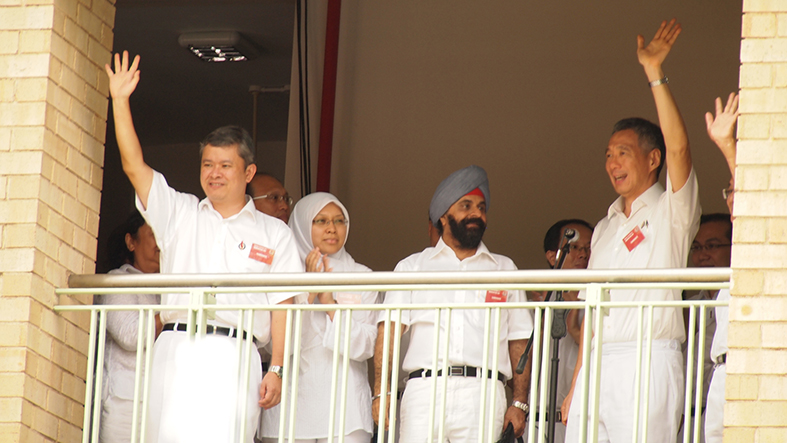

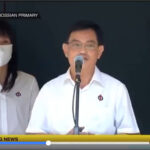

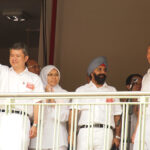
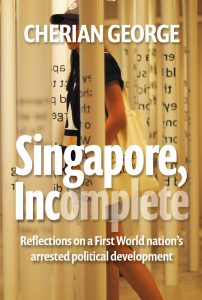
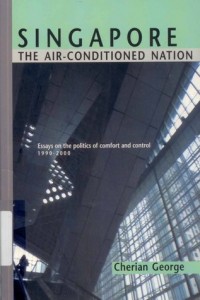
Comments are closed.